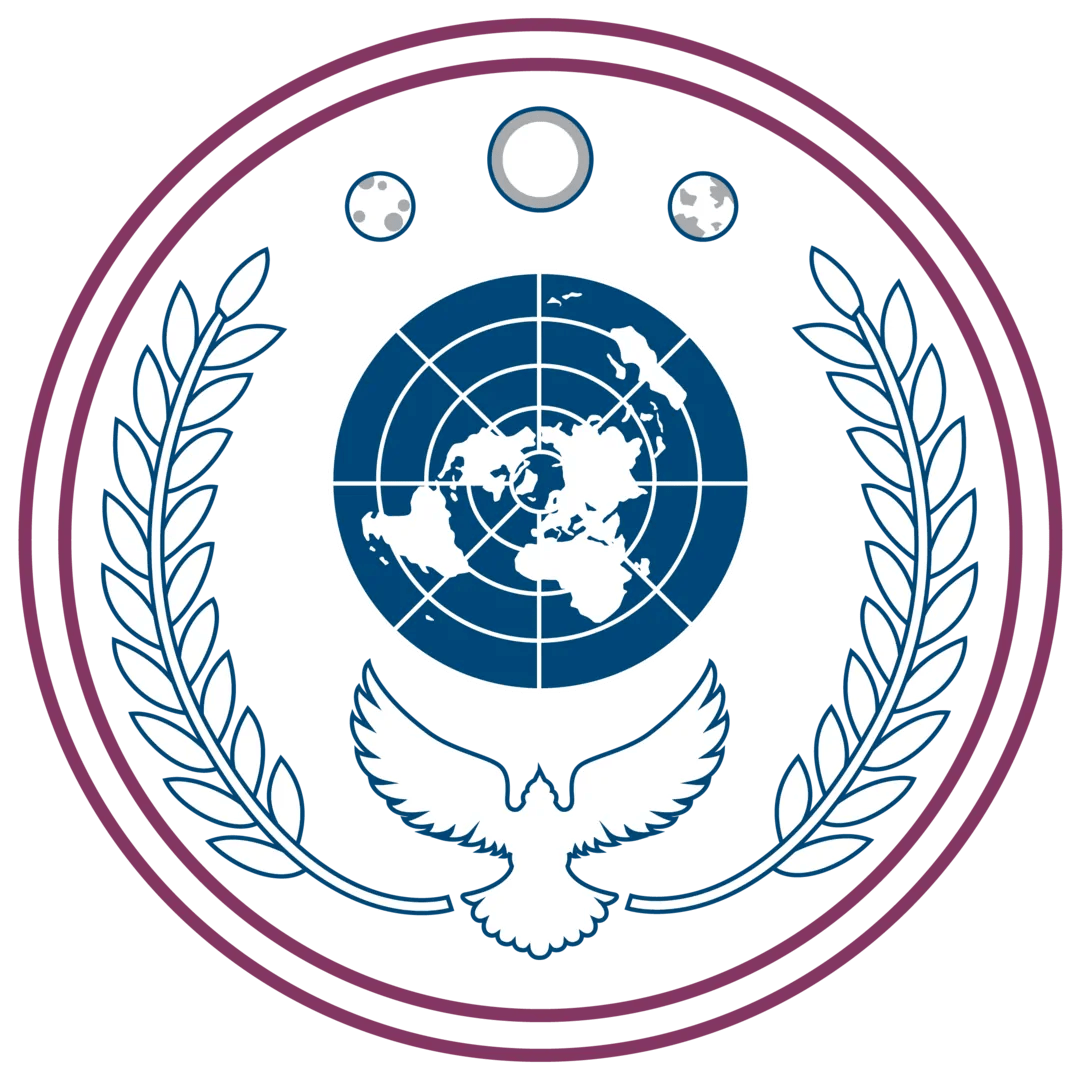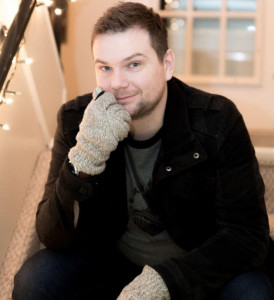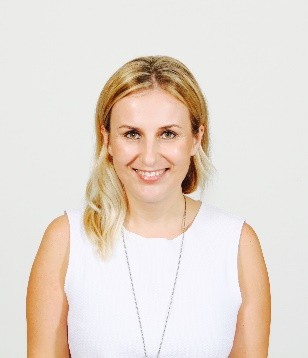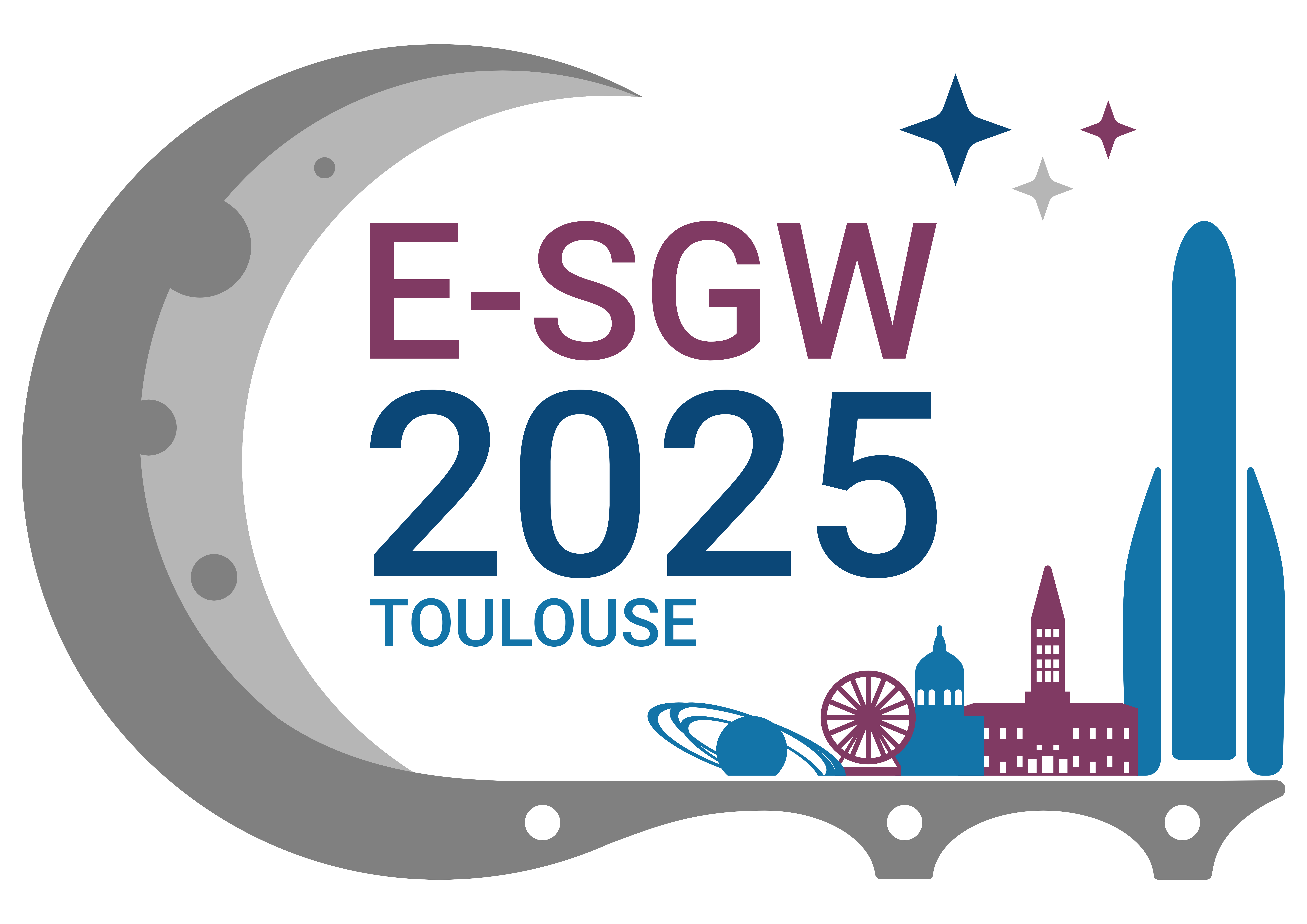We are currently looking for additional advisors to represent perspectives from more diverse backgrounds and geographies. If you are interested in the project group as an advisor or as a SGAC member with an advisor in mind, please contact the project leads.
Danny Bednar, Ph.D. (he/him) is a geographer of space and researcher with the Canadian Space Agency and part-time Assistant Professor in the Department of Geography at Western University in London, Ontario, Canada. His areas of interest include the use of satellites in addressing climate change impacts and the robotic exploration of our solar system for scientific purposes. He holds a Ph.D. in Geography, with a focus on climate change policy from Western University, Canada, where he has also been teaching about space exploration since 2012.
Danny holds a Master of Arts in Geography with a specialization in Environment & Sustainability from Western University and received his Bachelor of Arts from the University of Winnipeg studying political philosophy and environmental science. He is passionate about mental health awareness and sharing his own experiences with severe depression and anxiety. He is also an advocate for the elimination of barriers for low-income students in education. He is co-author of the book “For All Humankind” and currently working on his second book.
Agnieszka Lukaszczyk is a Senior Director for European Affairs at Planet. A Polish/American national who has worked at the European Commission, Directorate General for Internal Market, Industry, Entrepreneurship and SMEs, Space Data for Societal Challenges and Growth Unit. She also worked at the Directorate-General for Enterprise and Industry, Space Policy and Research Unit. Before she joined the Commission, Agnieszka was the Brussels Office Director for the Secure World Foundation. In addition, she is the former Chairperson and the former Executive Director of the Space Generation Advisory Council in Support of the United Nations Programme on Space Applications. Agnieszka also worked at the European Space Policy Institute as a research fellow. Agnieszka serves as the Vice President – Europe for the World Space Week And Sits on the Board Of Directors for the Women in Aerospace-Europe. She is currently pursuing a PhD in Space Security at the Polish Defence Academy. She holds a Master’s degree from the Warsaw School of Economics in Management of Space in New Economies and a Master’s degree from the American University School of International Service in International Politics.
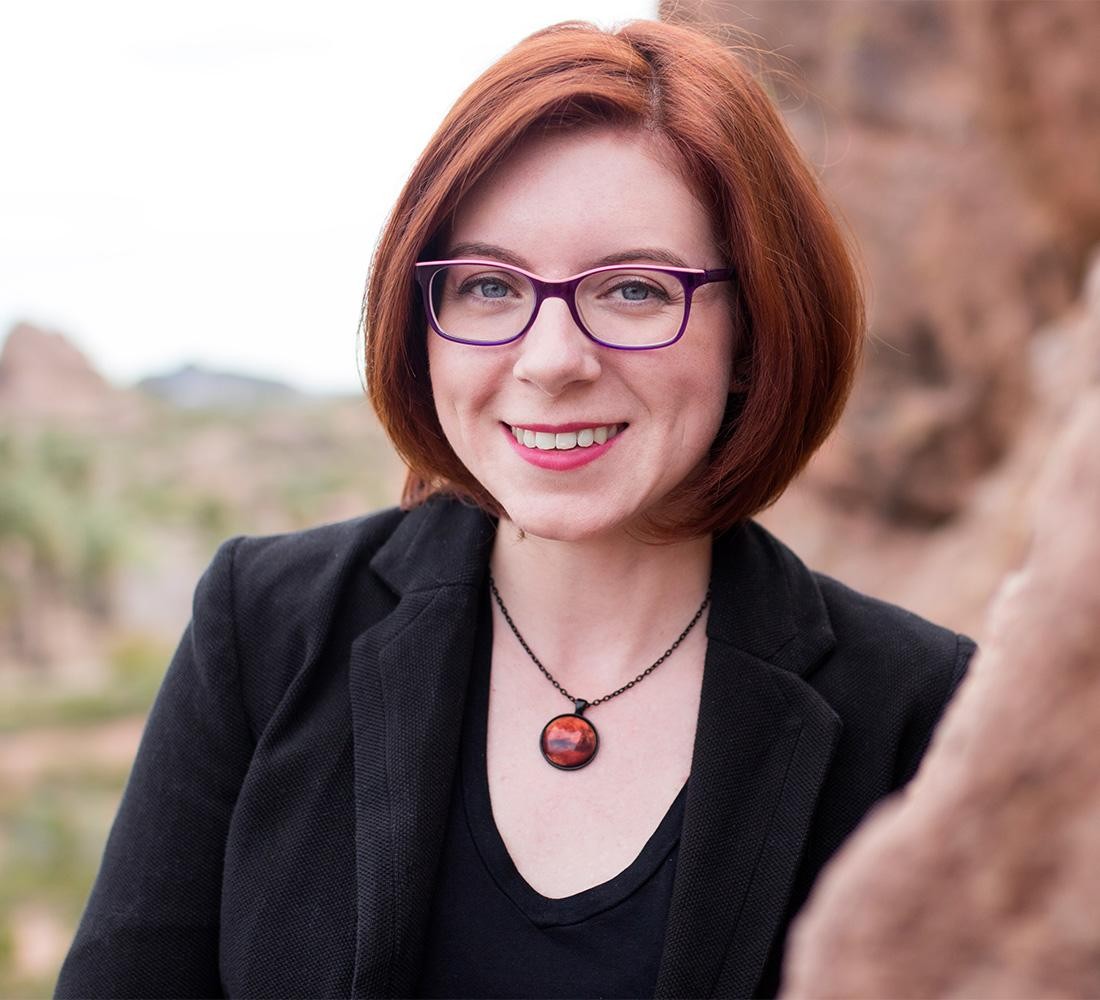
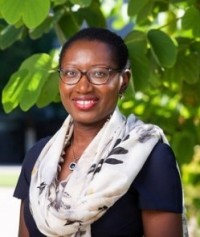
Dr. Timiebi Aganaba-Jeanty is an assistant professor in the School for the Future of Innovation in Society with a courtesy appointment at the Sandra Day O Connor College of Law at Arizona State University, USA. Timiebi’s research is focused on the social implications of technology and the role of law and policy. An Important and guiding question to ask in the context of this SGAC project is what lens do we use to answer the question: “What is Ethics & Human Rights?”


